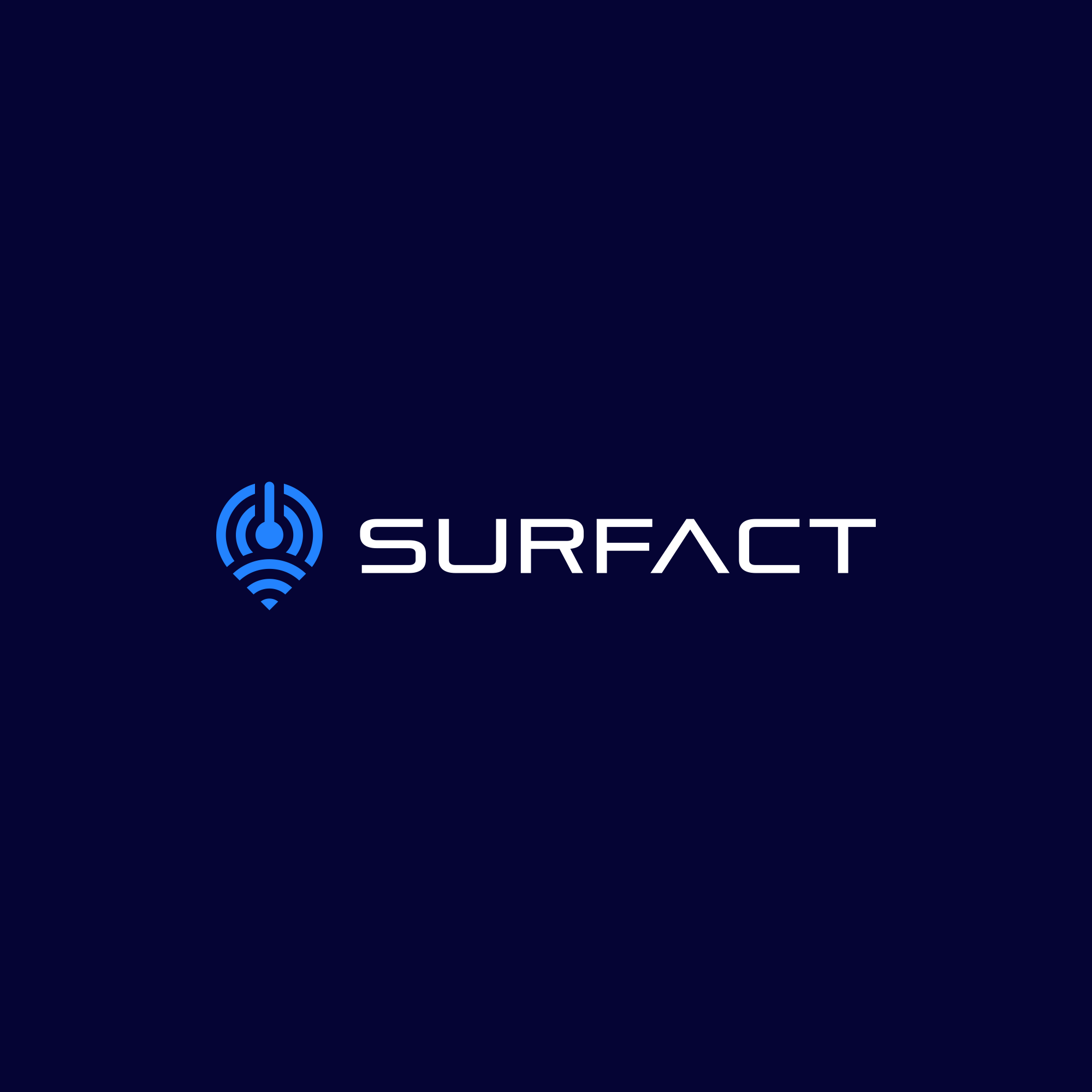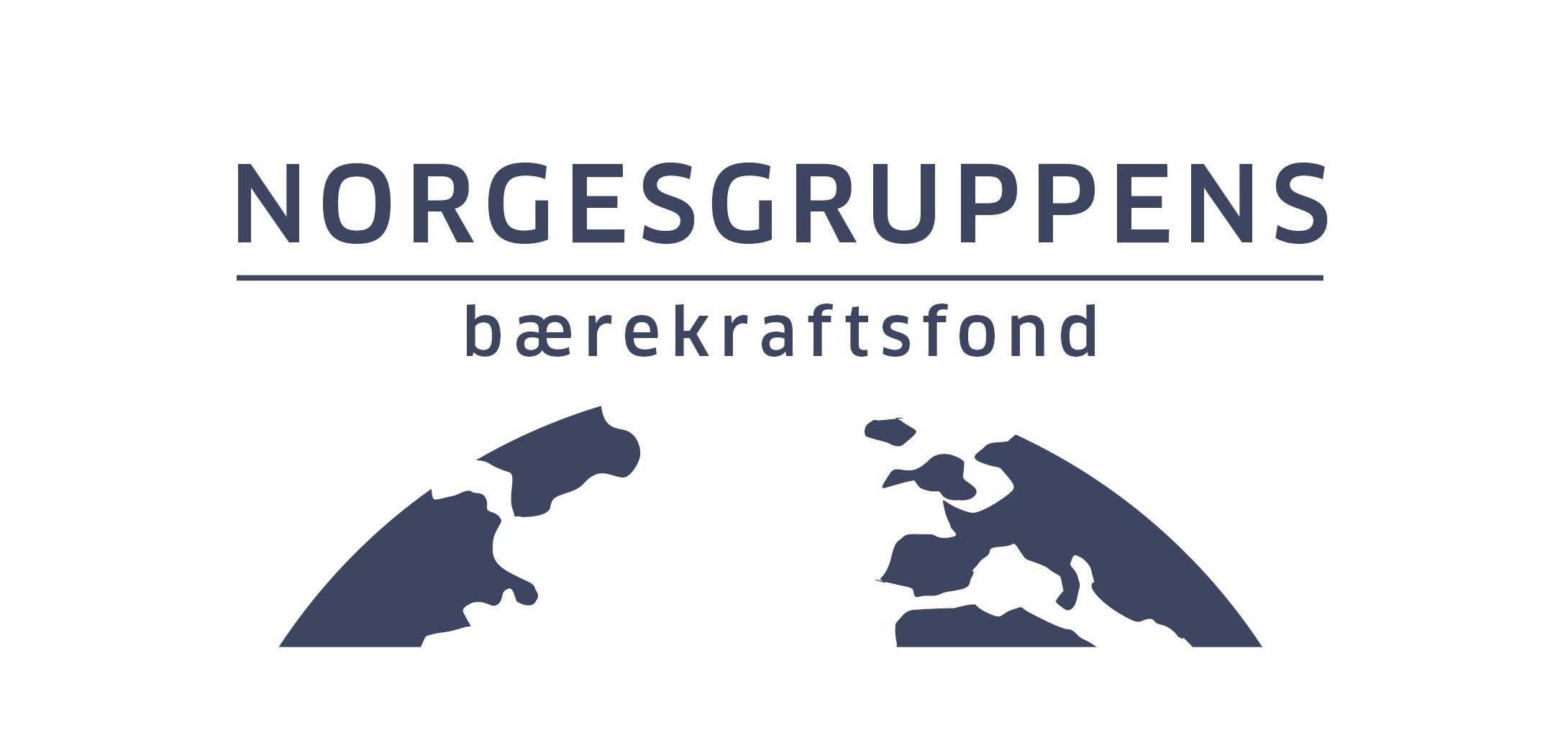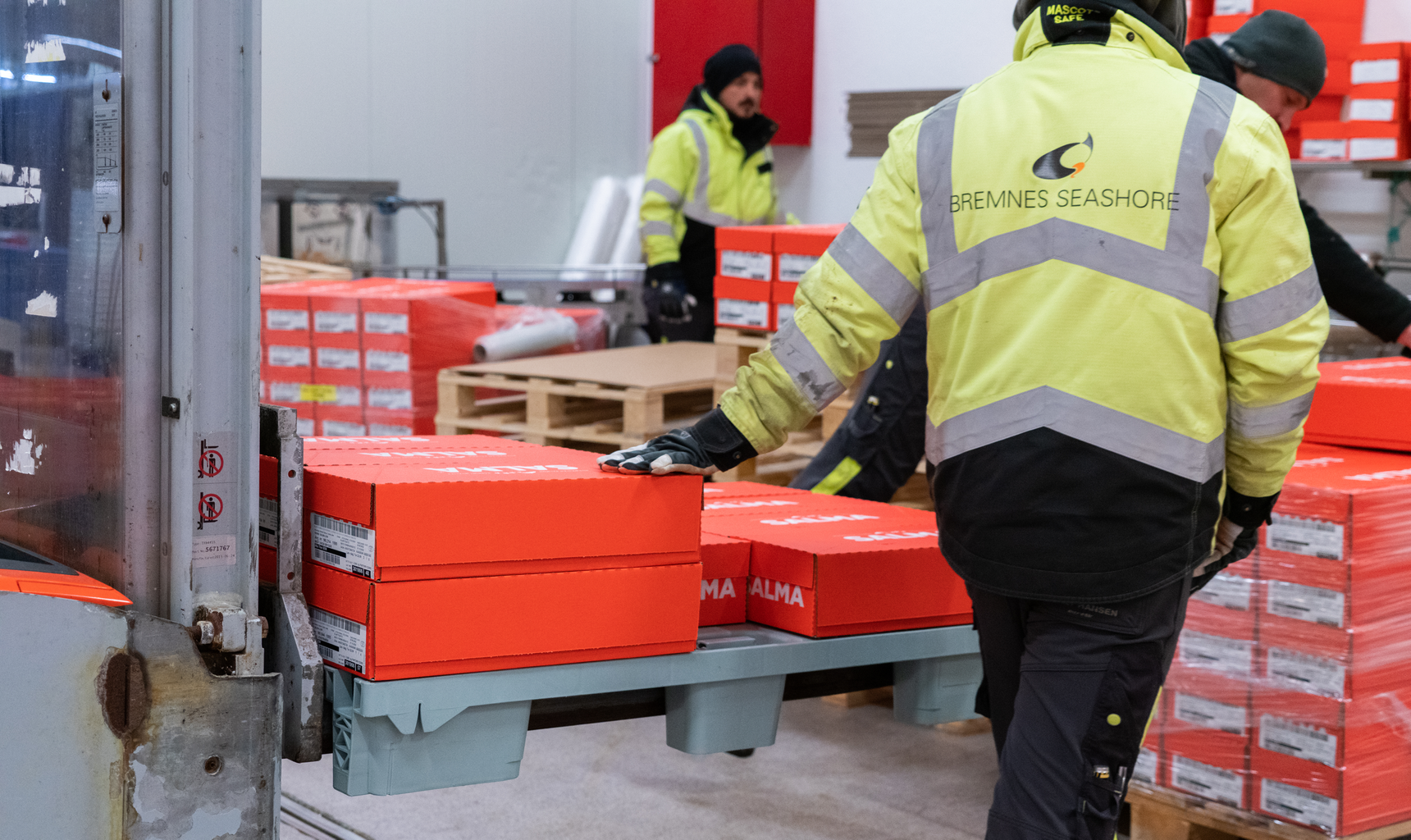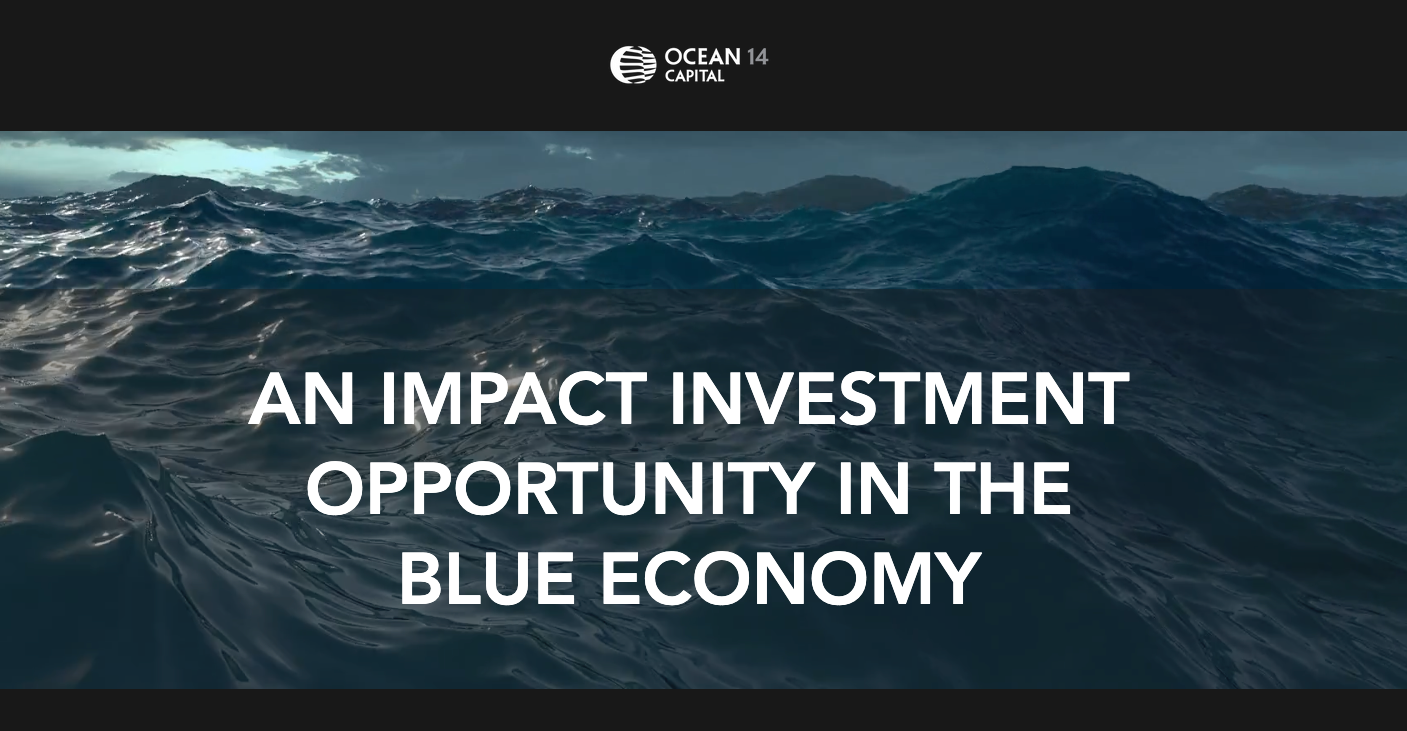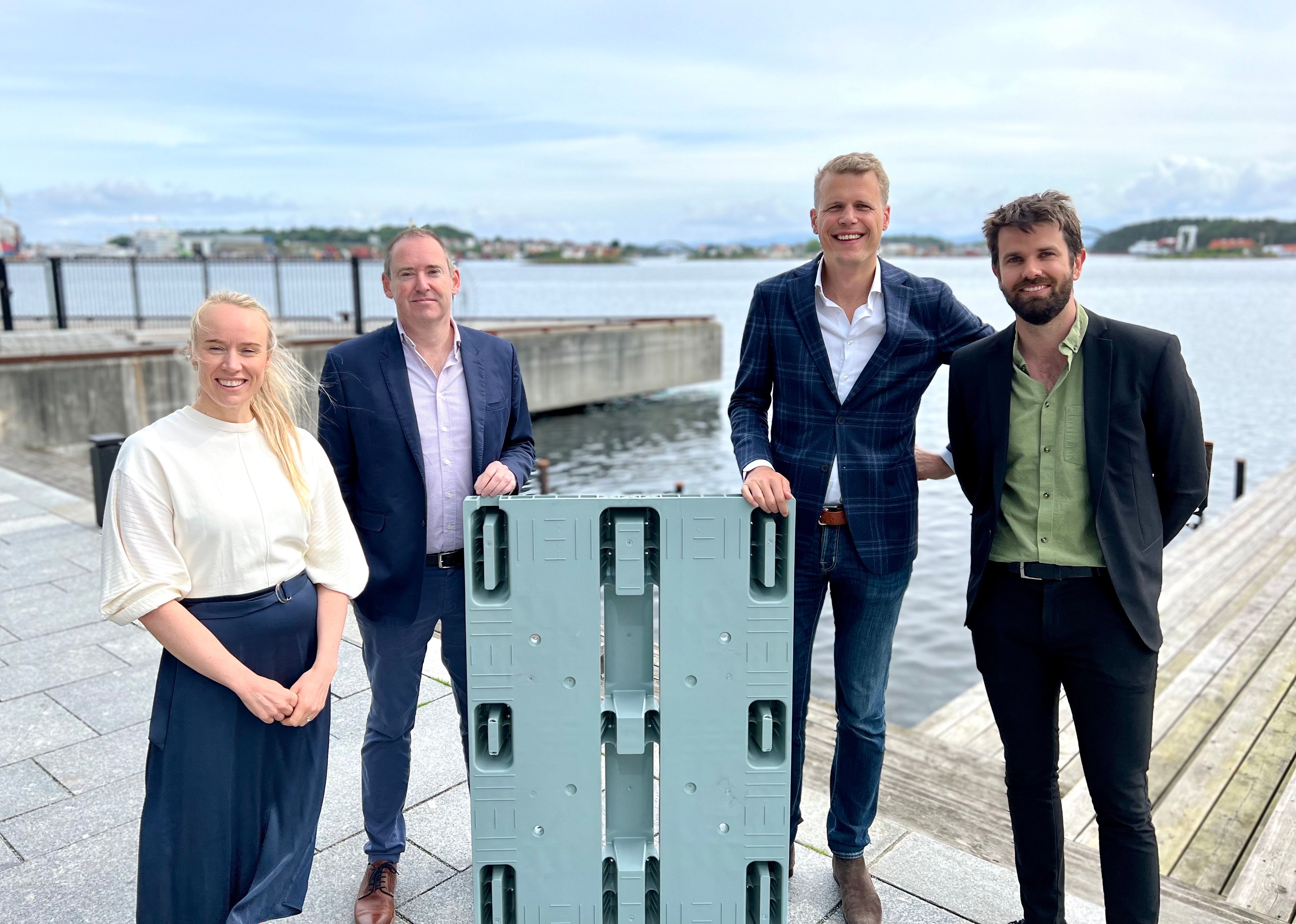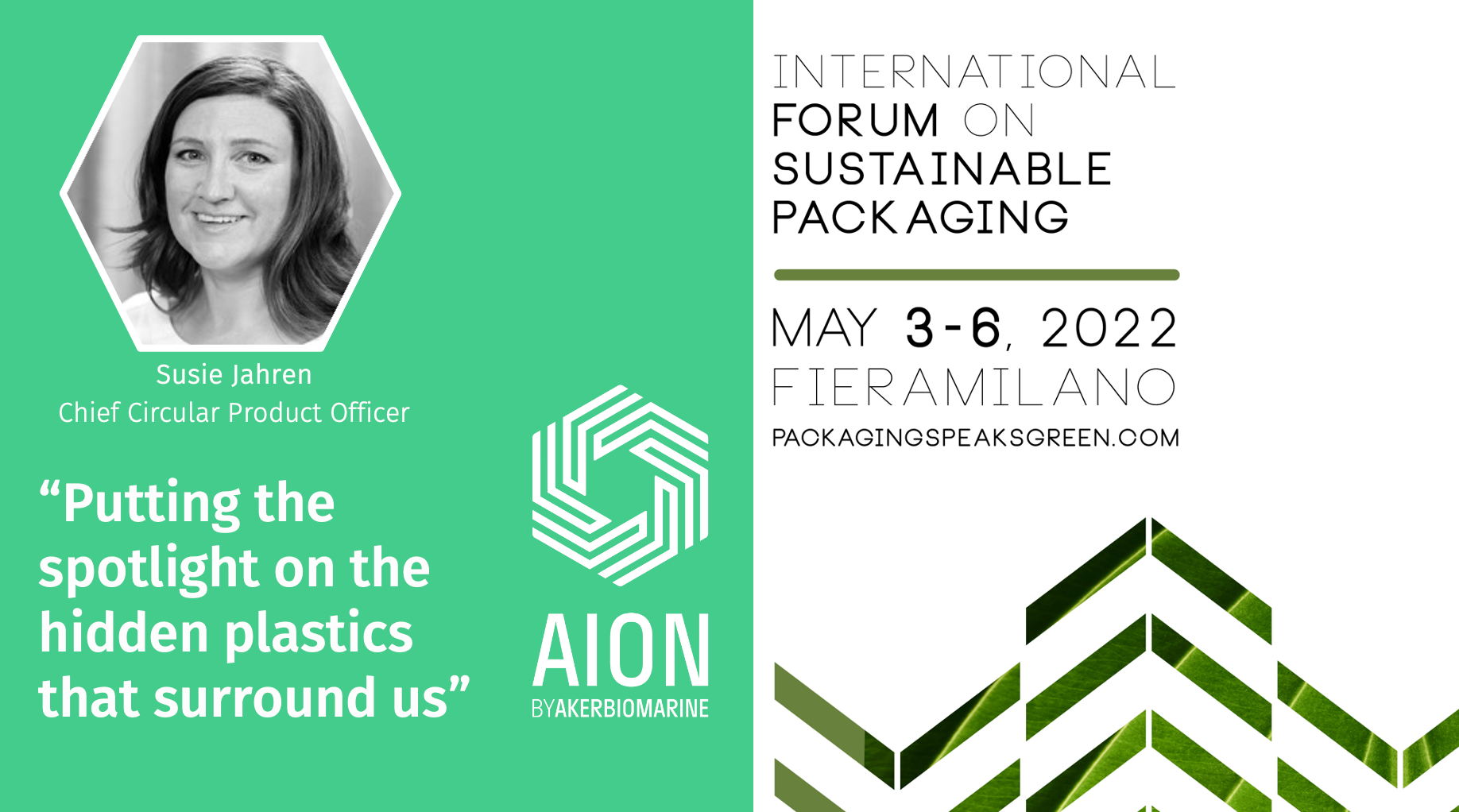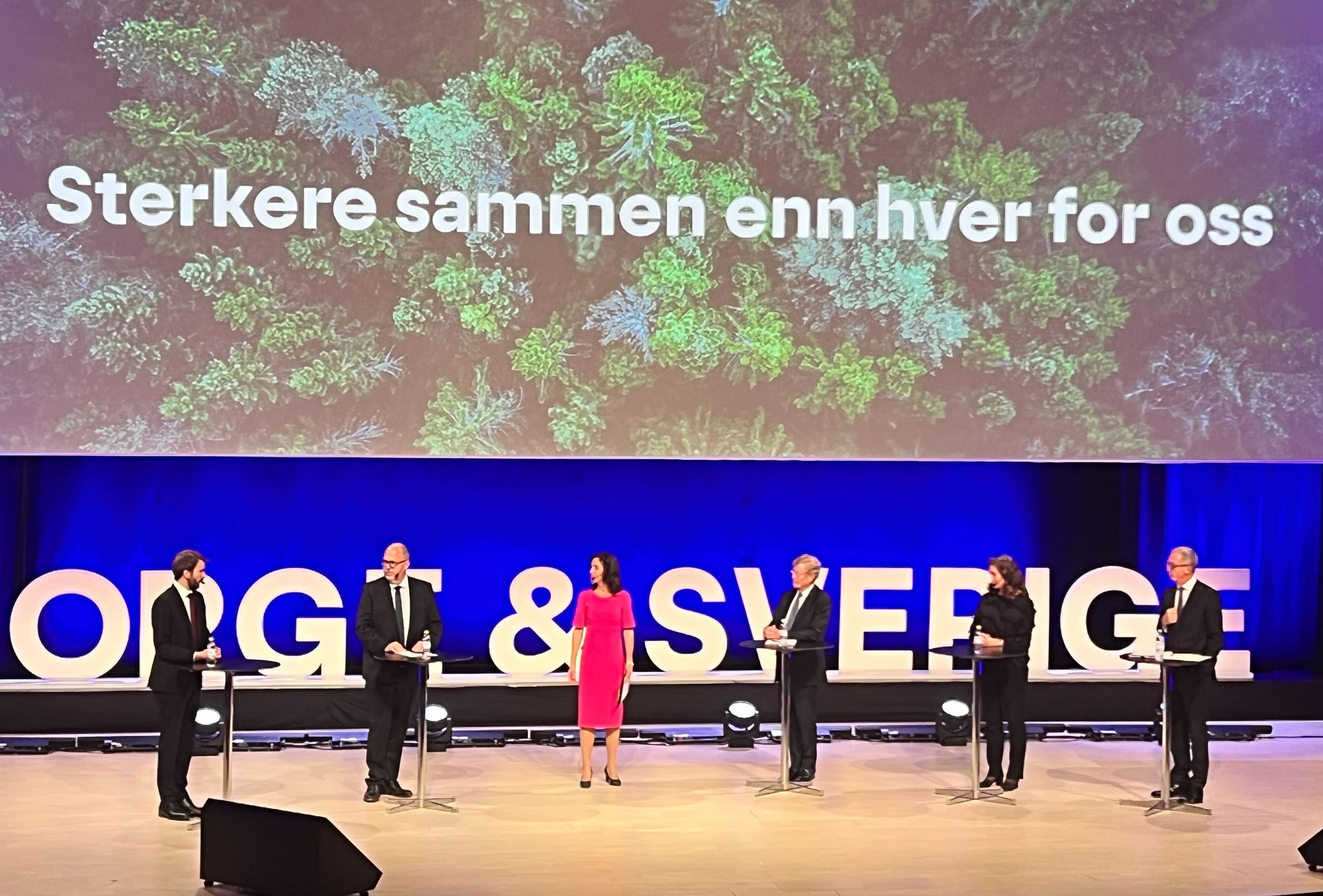25 April 2022
Informed is empowered
Globally, half of all greenhouse gas emissions and 90% of biodiversity loss are caused by extracting and processing primary raw materials. We need to move to more sustainable consumption and the latest circular economy action plan proposal aims at making ‘Sustainable products the norm in the single market’.
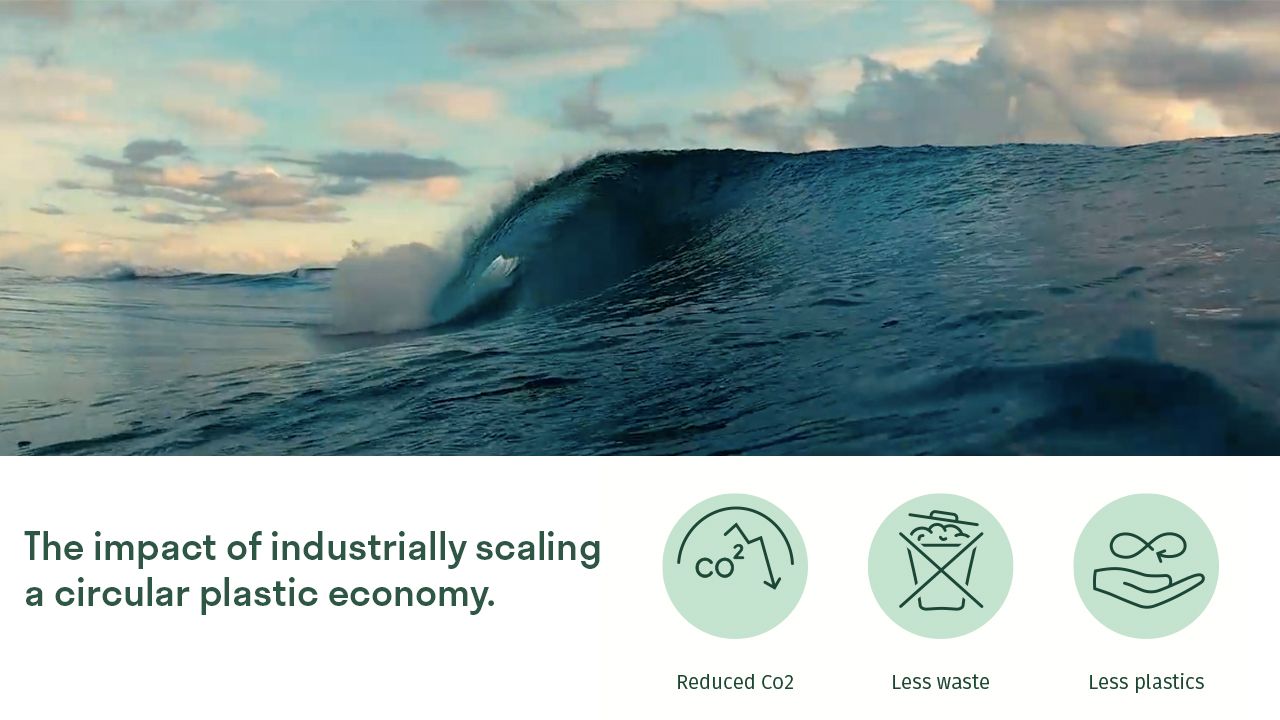
By dr. Susie Jahren, Chief Circular Product Officer at AION
Recent crises in the world have highlighted how vulnerable our economic model is and urge us to redesign our production systems for energy as well as for products. On one hand we need clean energy, it’s efficient use and better materials to make our products while on other hand we need environmentally friendly designs, energy labelling, circular products, and better regulations for production. This can help us to boost a competitive single market at EU level that will provide new green business and jobs.
The Ecodesign for Sustainable Products Regulation (ESPR) will have requirements such as:
- product durability, reliability, reusability, upgradability, reparability, ease of maintenance and refurbishment
- restrictions on the presence of substances that inhibit the circularity of products and materials
- energy use or energy efficiency of products
- resource use or resource efficiency of products
- minimum recycled content in products
- ease of disassembly, remanufacturing and recycling of products and materials
- life-cycle environmental impact of products, including their carbon and environmental footprints
- preventing and reducing waste, including packaging waste
- These requirements will create a new level of transparency about the good we make and use, including information on energy use, recycled content, presence of substances of concern, durability, reparability, including a reparability score, spare part availability and recyclability
This information is critical for empowering consumers to make sustainable choices. Business leaders, publics procurers need this information address and account for adverse impacts on the environment in their global value chains, enabling a new level of sustainable due diligence.
The proposal outlines digital product passports that will be the norm for all products regulated under the ESPR, enabling products to be tagged, identified, and linked to data relevant to their circularity and sustainability.
AION is already on this journey, scaling circular plastics with a digital platform tracing materials and products in industry. That's our mission - read more about our solution here: Circularity As A Service - AION
To learn more, read the report from the European Commission: “On making sustainable products the norm”
